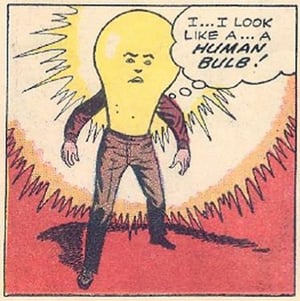

It does help people identify where they have strengths and weaknesses, and has led to a larger conversation around how to communicate relative importance, even if it is a shoddy tool in and of itself.
For example, I am a touch-averse person due to a childhood full of neglect (I am avoidant attachment myself), and that means that when I do show what passes as affection, it tends to be verbal affirmations, acts of service, or gift-giving. Because that’s what I can relate to.
In a vacuum, love languages are meaningless. Sure. But as part of a whole range of self-identification strategies to learn about yourself and those you care about, it can be a valuable tool.
It doesn’t really matter who made it. You’d be appalled to discover the roots of the more formalized systems we take for granted. That’s why we never hear about those things. But they are equally shaky-grounded.




Any tool can be used for good or bad. It’s a tool.
I’m sorry you experienced that, you shouldn’t have, but it’s not the fault of the tool, it’s the fault of those who used information improperly and abusively.
Do you think they would have come to a different conclusion with a different toolbox? Because I mean… you have to want to be a raging pile of shit to use tools in such a way as to make you more of a raging pile of shit…
It’s the same way most of the actual helpful clinical therapy language has been co-opted by abusers. It’s not the tools, it’s the abusers that are the problem.